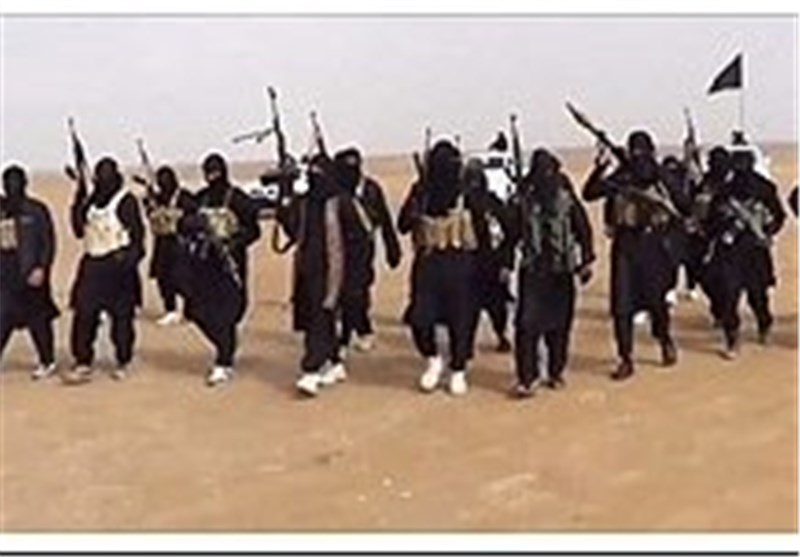
RNA - They further claim that Iran and Russia’s present-day ambitions for the Middle East will roil the already tense region deeply over the coming years.
The persistence of such shallow foreign policy, especially among those associated with ISIL and Al-Qaeda, is inexplicable. The thing is, even if the alliance of Iran, Syria, Russia and Hezbollah wins the ongoing war against ISIL and other terrorist groups, there isn’t enough support for it in the West, much less in the Arab world. Many who would like to see the permanent end of ISIL will never rejoice or at least feel cheered by the news. This might be for the following reasons:
- This is not about cynical opportunism. Iran and Russia are in Syria to dislodge ISIL and maintain security. Unlike US President Barack Obama, the Iranian and Russian leaders don't need a decisive major battle like Aleppo or Mosul to validate a much-publicised approach to the ISIL crisis and a piece of the legacy to leave behind. Simply put, they are there at the request of the Syrian government and as per international law. And no, this is not about a newly reconstructed “Persian Empire” that is about to dominate the Middle East.
- Russia’s primary aim is to enhance its own security by preventing jihadists from former Soviet republics fighting in Syria from returning to Russia and carrying out attacks there. The same argument could be made about Iran, although there are no jihadists from the country there. However, Russia and Iran’s actions in Syria are based not only on the need to lend assistance to their ally and counter the growing threat of destabilization of the Middle East, but, above all, on the necessity to protect their own national interests.
- Iran and Russia are not helping President Bashar Assad to retain power; that's something for the Syrian people to decide. Instead, they are trying to prevent Syria – and Iraq - from disintegration and falling into the hands of terrorists under the “Joe Biden Plan”.
- The ongoing battles to dislodge ISIL from both Mosul and Aleppo are significant. Make no mistake, the death cult will be defeated and it will lose the two major strong-holds. The problem is, it will not be the end of ISIL. Its intentions, power and the threat it poses in the region and beyond will be with us for many years to come.
- Thanks largely to America’s regional designs as well as Saudi ideology of Wahhabism, cash and American-made weapons supplies, liberation of Iraq and Syria will have no perceivable effect on the ISIL franchise and its terror attacks, although one can reasonably believe that they will become limited. The ongoing violence in Libya tells us that the terrorist group won't be completely cut off.
Outside of grand political interests, the campaign by ISIL and its co-founders to disintegrate Iraq and Syria on sectarian lines amounts to the most significant regional gambit in recent memory. Should this terror coalition fail in the face of joint Syrian-Russian-Iranian-Iraqi efforts, these militant groups can be exposed and liquidated, and hence joint efforts in turn shifted to eliminate peripheral networks beyond Syria’s battlefields based on shared interests with a large number of regional actors.
No doubt, Iran and Russia’s increased involvement in the Syrian conflict has compounded the already tenuous position of the United States and its allies in the region even further. It has raised pressure on the US-led coalition and its ongoing proxy war, making it increasingly unlikely that their colonial ambitions will ever be realized.
More so, the growing concentration of their unnecessary forces in and around Syria will eventually pose a danger to many of the coalition members working with the US in the region. With Iranian and Russian forces staged in Syria, the US and its allies are now at a greater disadvantage. But this, like the ISIL War, is far from over.
847/940